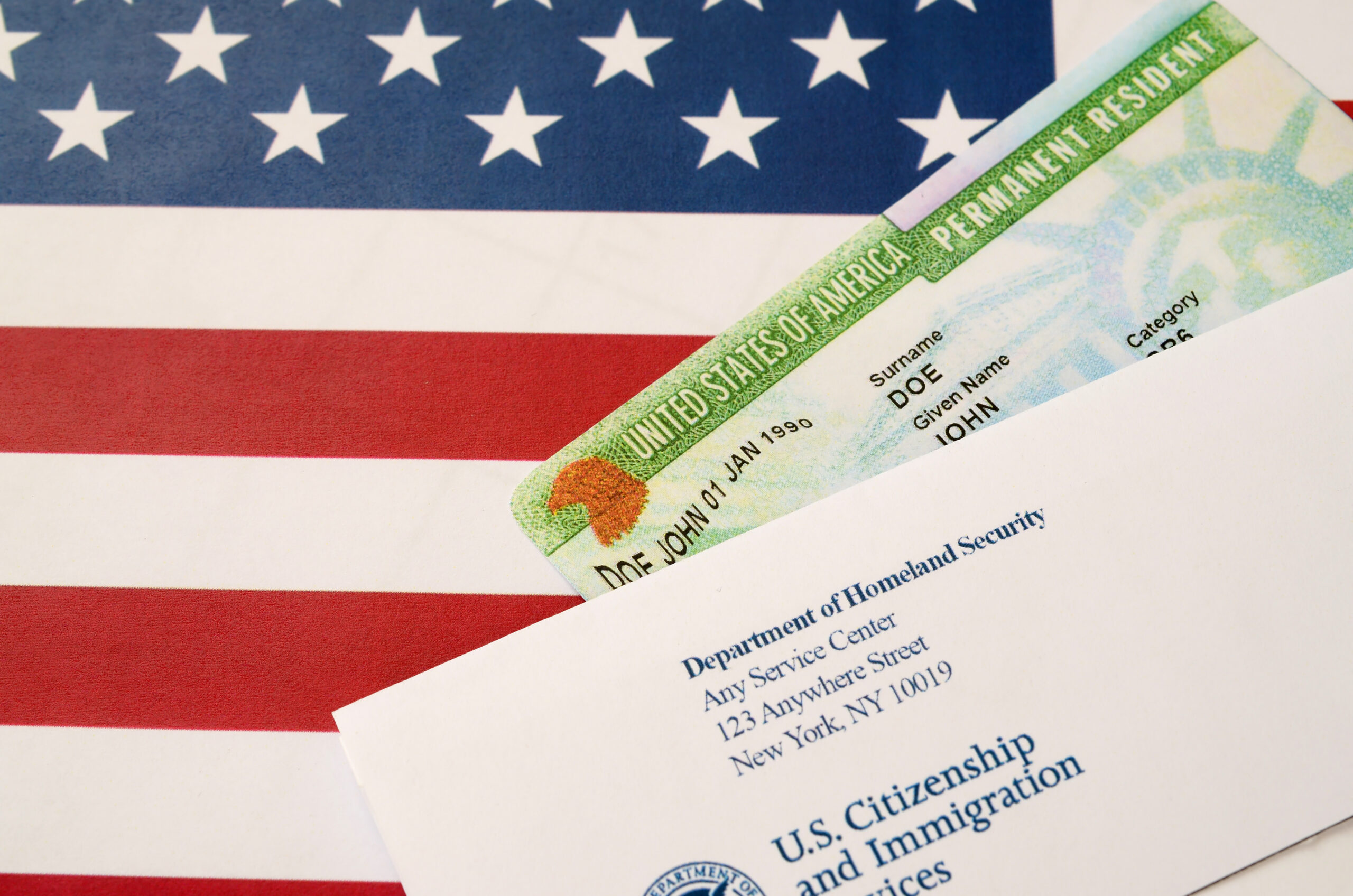Obtaining a green card is a significant milestone on the path to building a life in the United States.
However, maintaining your permanent resident status requires careful attention to your responsibilities as a green card holder. Failure to comply with U.S. immigration laws or taking certain actions could lead to the loss of your status. In this article, we’ll outline the key responsibilities of green card holders, including travel restrictions, renewal processes, and how to avoid actions that could result in abandonment of your status.
Understanding Permanent Resident Status

A green card grants you the right to live and work permanently in the United States. However, it’s important to remember that permanent resident status is conditional and can be revoked if you fail to meet certain obligations. U.S. Citizenship and Immigration Services (USCIS) closely monitors green card holders to ensure they are complying with the rules and maintaining their ties to the country.
To protect your status, you must be aware of the responsibilities that come with being a green card holder and take proactive steps to avoid common pitfalls.
Travel Restrictions for Green Card Holders
One of the most common issues green card holders face is maintaining their status while traveling outside the United States. While green card holders are allowed to travel internationally, extended trips or frequent absences can raise concerns about whether you intend to permanently reside in the U.S.
Key Travel Guidelines:
- Avoid Prolonged Absences: If you plan to stay outside the U.S. for more than six months but less than one year, you may be questioned by immigration officers upon your return. Absences of one year or longer can lead to the presumption that you have abandoned your permanent resident status.
- Apply for a Reentry Permit: If you need to stay outside the U.S. for more than one year, you must apply for a reentry permit before leaving. This document allows you to return to the U.S. without losing your green card, but it does not guarantee entry.
- Maintain Ties to the U.S.: To demonstrate your intent to remain a permanent resident, keep strong ties to the U.S., such as maintaining a home, paying taxes, and holding a U.S. bank account or driver’s license.
Renewing Your Green Card

The status are typically valid for 10 years, although conditional green cards (such as those obtained through marriage) are valid for only two years. It’s your responsibility to ensure your green card is renewed before it expires. Failing to renew your card can create complications, especially when traveling or applying for jobs.
Steps to Renew Your Green Card:
- File Form I-90: To renew, you must file Form I-90, Application to Replace Permanent Resident Card, with USCIS.
- Pay the Filing Fee: Be prepared to pay the required filing fee, which can vary depending on your circumstances.
- Attend a Biometrics Appointment: After submitting your application, you may be required to attend a biometrics appointment to provide fingerprints, photos, and a signature.
If you’re unsure about the renewal process or need assistance, click on the link at the bottom of the page to talk directly to one of our experienced immigration attorneys. They will guide you through every step, ensuring your application is completed accurately and submitted on time.
Avoiding Actions That Could Lead to Loss of Status
Certain actions can jeopardize your permanent resident status and even lead to deportation. To avoid losing your green card, be mindful of the following:
- Committing Crimes: Certain criminal convictions, especially those involving moral turpitude or aggravated felonies, can result in deportation. Always seek legal counsel if you are charged with a crime.
- Failing to File U.S. Taxes: As a green card holder, you are required to file U.S. tax returns and report your worldwide income. Failure to do so can raise red flags with immigration authorities.
- Abandoning Your U.S. Residence: If USCIS determines that you have moved to another country with no intention of returning to the U.S., it may be revoked. This can happen if you live abroad for an extended period without a reentry permit or fail to maintain ties to the U.S.
- Voting in U.S. Elections: Only U.S. citizens are allowed to vote in federal elections. Voting as a green card holder can lead to severe consequences, including deportation.
What to Do If You Lose Your Green Card
If it gets lost, stolen, or damaged, it’s important to replace it as soon as possible. You can do this by filing Form I-90 with USCIS. Additionally, if you believe your permanent resident status is at risk due to a prolonged absence or other factors, consult an immigration attorney immediately. Click on the link at the bottom of the page to speak directly with an attorney who can help you navigate the process of preserving your status and addressing any issues with USCIS.
Planning for the Future: Citizenship as the Next Step
For many green card holders, the ultimate goal is to become a U.S. citizen. Naturalization not only grants you the right to vote but also provides additional protections against deportation. To qualify for citizenship, you must meet certain requirements, including continuous residence in the U.S. and demonstrating good moral character. If you’ve held your green card for five years (or three years if married to a U.S. citizen), consider taking the next step toward citizenship.
Maintaining your permanent resident status requires diligence and a clear understanding of your responsibilities as a green card holder. By adhering to travel restrictions, renewing your green card on time, and avoiding actions that could lead to abandonment, you can protect your status and continue building your life in the United States.
If you have questions about your green card or need assistance with renewal, replacement, or naturalization, click on this link to talk directly to one of our experienced immigration attorneys. They will guide you through every step of the process, ensuring your rights are protected and your future is secure.



